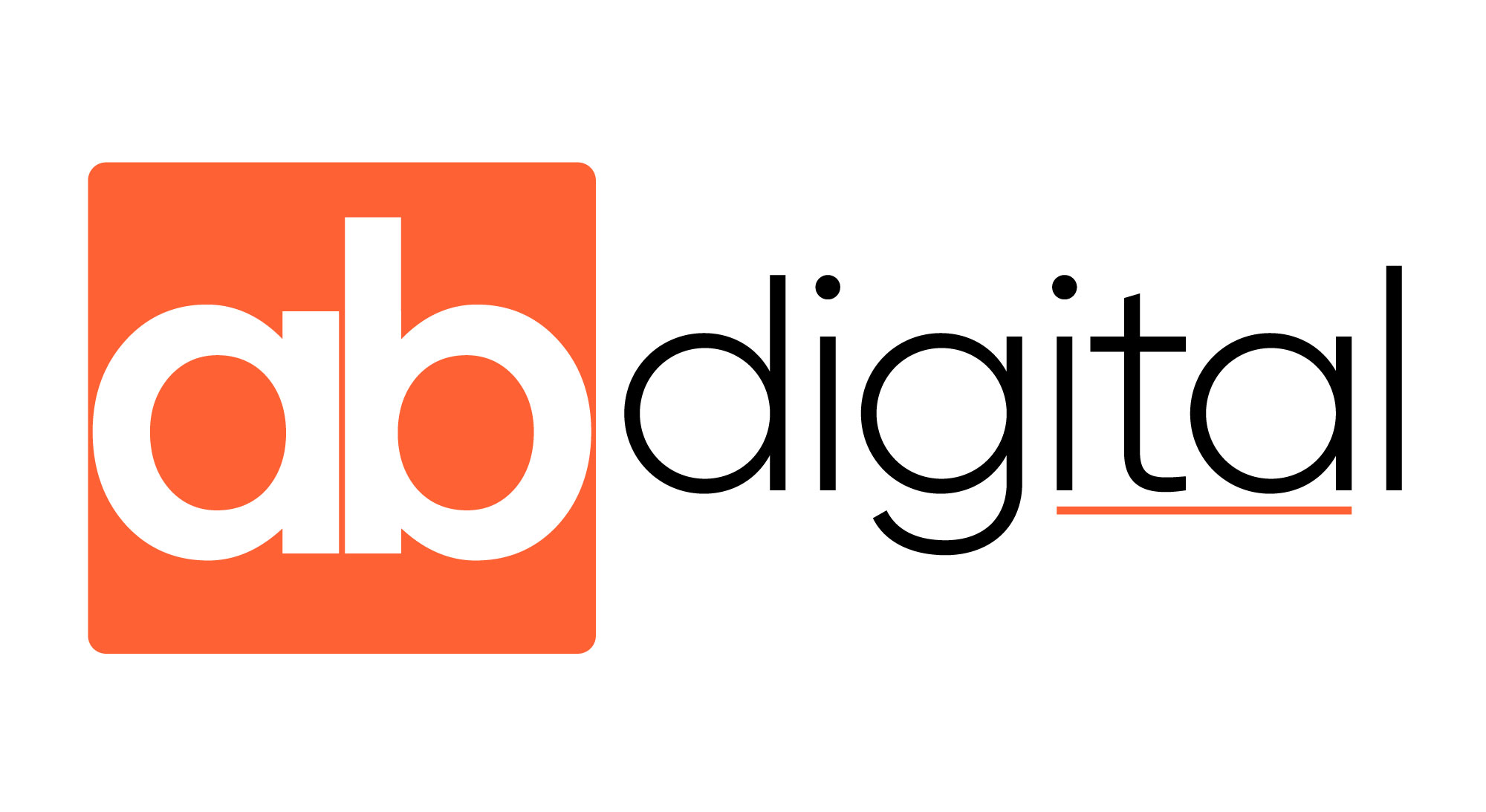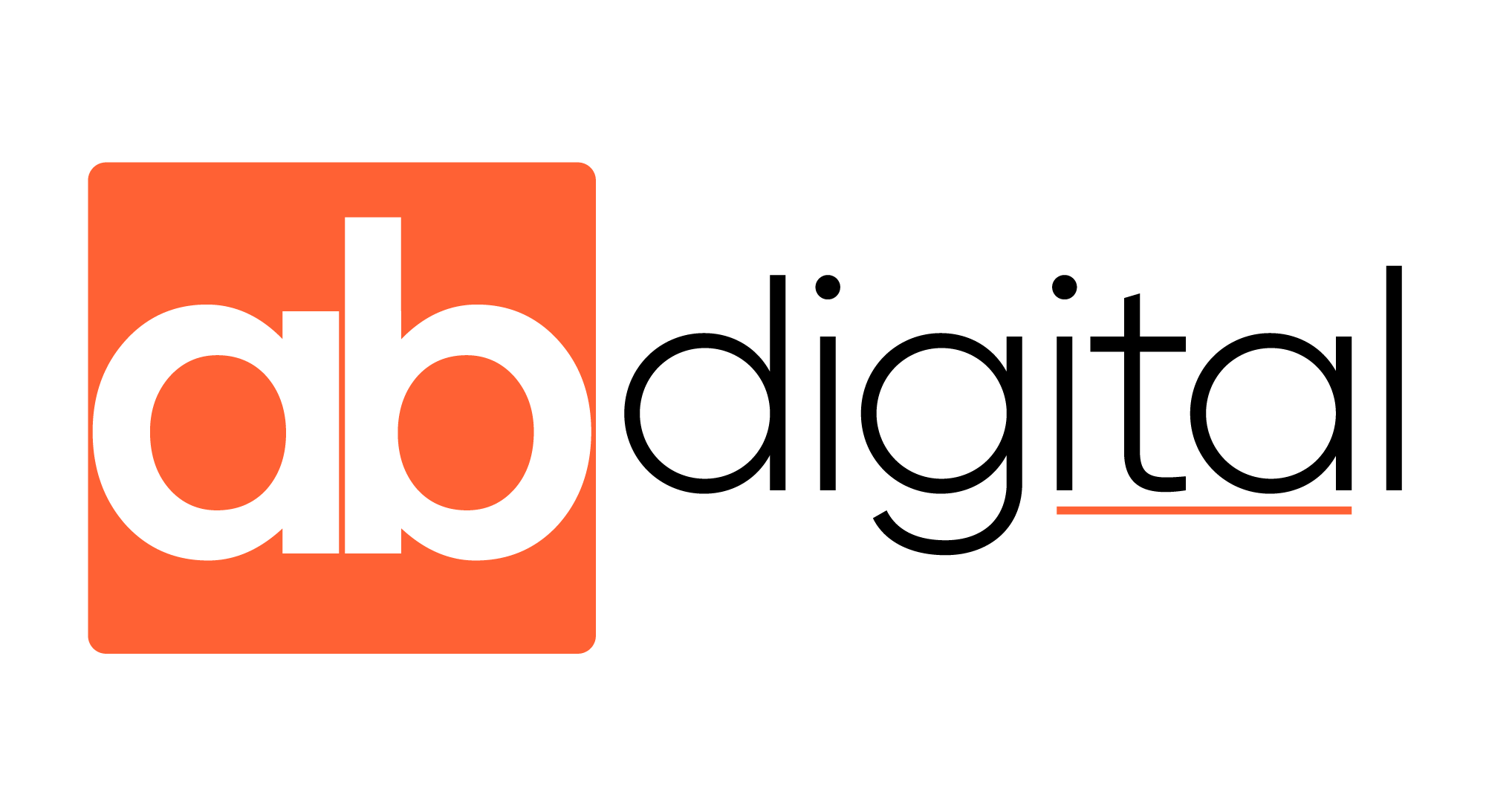Small businesses often struggle to compete with larger brands when it comes to advertising, but PPC advertising can level the playing field. With the right strategy and platform, small businesses can create effective PPC campaigns that generate leads, drive sales, and help them reach their business goals. In this post, we’ll explore some of the top PPC advertising platforms for small businesses, and the benefits and drawbacks of each.
45% of page clicks are earned by Ads that appear in search results.
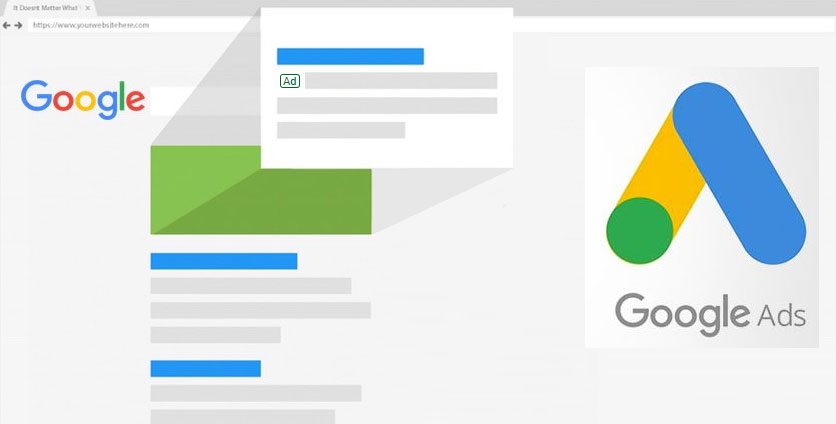
-
Google Ads
Google Ads (formerly known as Google AdWords) is one of the most popular PPC advertising platforms, and for good reason. With Google Ads, small businesses can create highly targeted ads that appear at the top of search results pages when users search for relevant keywords or phrases. Google Ads also offers a range of targeting options, including location, demographics, and interests, which can help small businesses reach their target audience more effectively.
One potential drawback of Google Ads is that it can be competitive and expensive, particularly for high-volume keywords. Small businesses may need to invest significant time and resources in optimizing their campaigns and managing their bids in order to achieve their desired results.
18% of advertisers’ budgets are paid social.

-
Facebook Ads
Facebook Ads is another popular PPC advertising platform, particularly for small businesses that are looking to reach a specific demographic or interest group. With Facebook Ads, businesses can create ads that appear in users’ news feeds, as well as on Instagram and other Facebook-owned platforms. Facebook Ads also offers a range of targeting options, including location, age, interests, and behaviors.
One potential drawback of Facebook Ads is that it can be challenging to create effective ad copy and visuals that resonate with users. Small businesses may need to invest in professional design or copywriting services in order to create ads that stand out and generate results.
Over 50 million companies are listed on LinkedIn
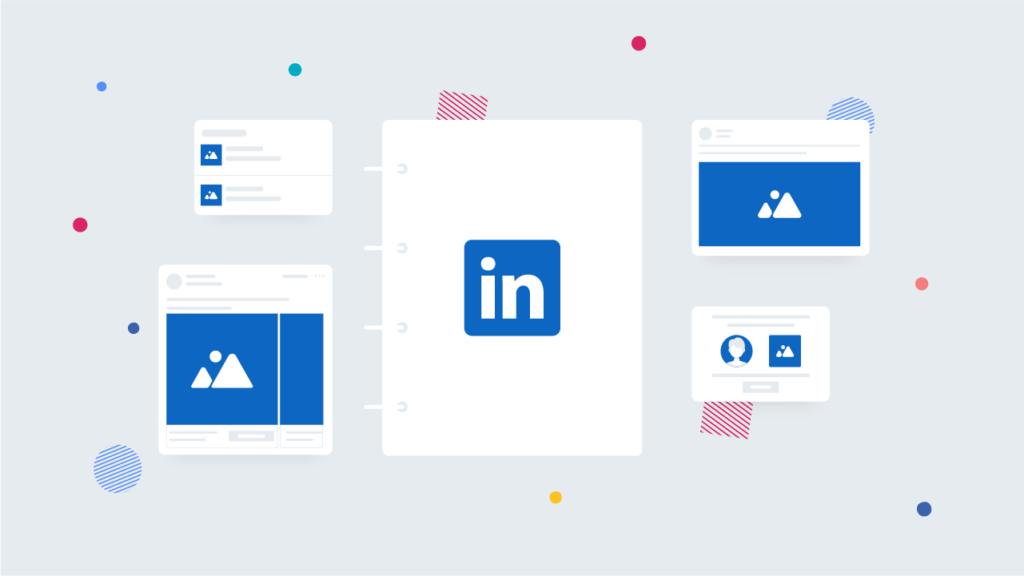
-
LinkedIn Ads
LinkedIn Ads is a popular PPC advertising platform for businesses that are targeting a B2B audience. With LinkedIn Ads, businesses can create ads that appear in users’ news feeds and in other prominent locations on the LinkedIn platform. LinkedIn Ads also offers a range of targeting options, including job title, industry, and company size.
One potential drawback of LinkedIn Ads is that it can be expensive, particularly for high-value B2B keywords. Small businesses may need to carefully manage their budgets and bids in order to achieve a positive return on investment.
Over 50 million companies are listed on LinkedIn
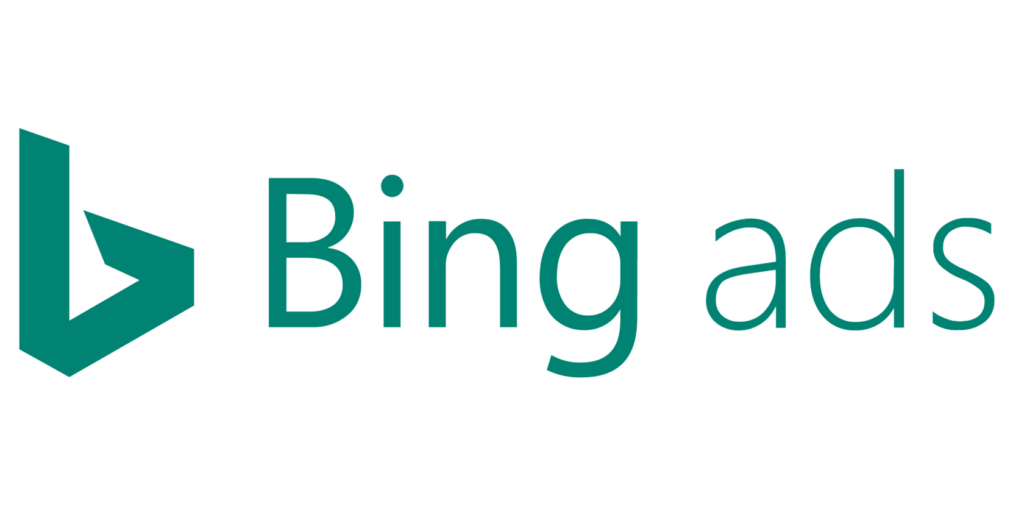
-
Bing Ads
Bing Ads is a popular PPC advertising platform that offers similar functionality to Google Ads, but with potentially lower costs and less competition. With Bing Ads, small businesses can create highly targeted ads that appear at the top of search results pages on the Bing search engine. Bing Ads also offers a range of targeting options, including location, demographics, and interests.
One potential drawback of Bing Ads is that it has a smaller user base than Google Ads, which can limit the potential reach of your campaigns. Small businesses may need to carefully consider whether Bing Ads is the right platform for their specific needs and goals.
PPC advertising can be a highly effective way for small businesses to reach their target audience, generate leads, and drive sales. By choosing the right PPC advertising platform and creating effective campaigns, small businesses can compete with larger brands and achieve their business goals. Whether you choose Google Ads, Facebook Ads, LinkedIn Ads, Bing Ads, or another platform, make sure to carefully consider your target audience, budget, and goals, and to invest in ongoing testing and optimization in order to achieve the best possible results.
